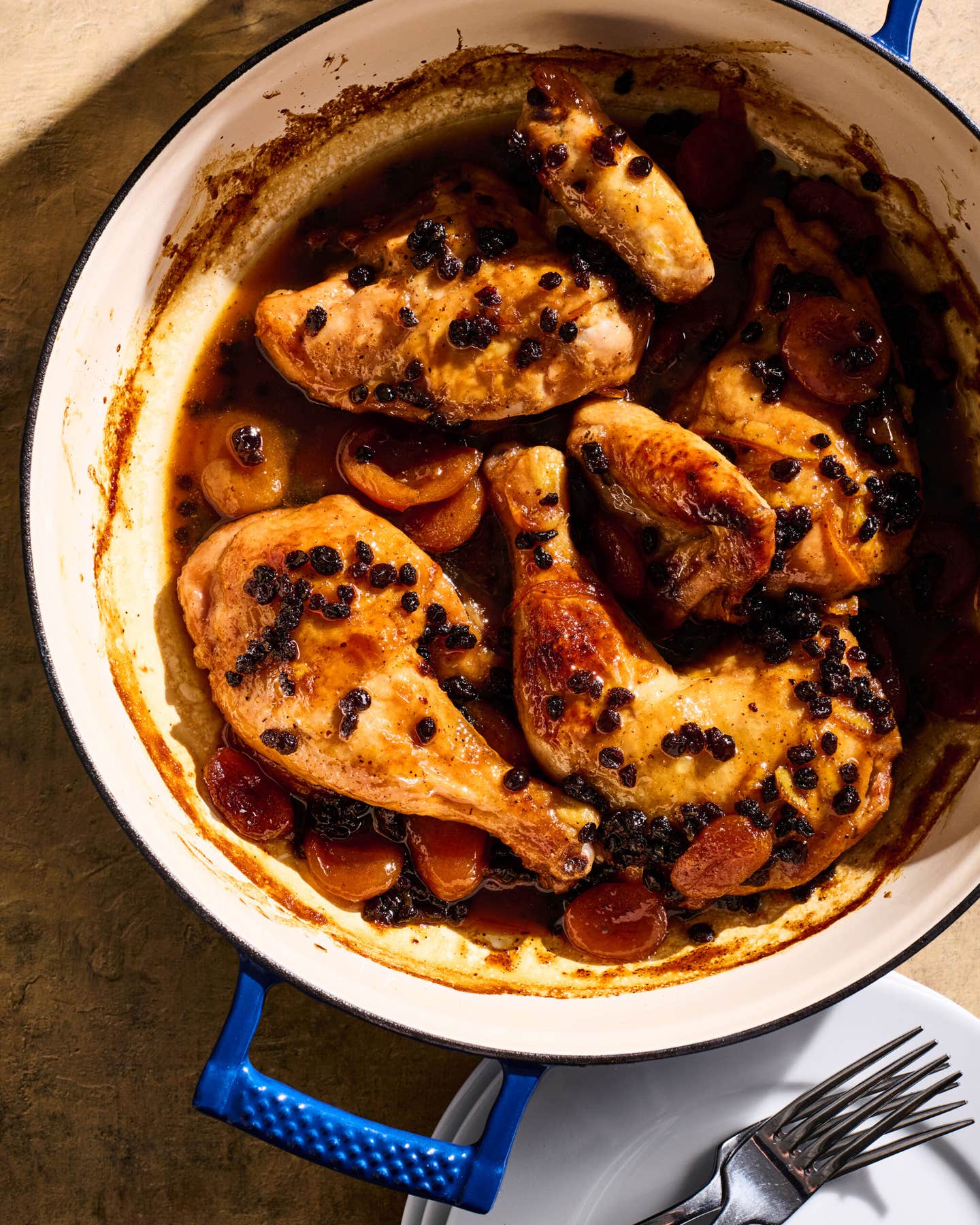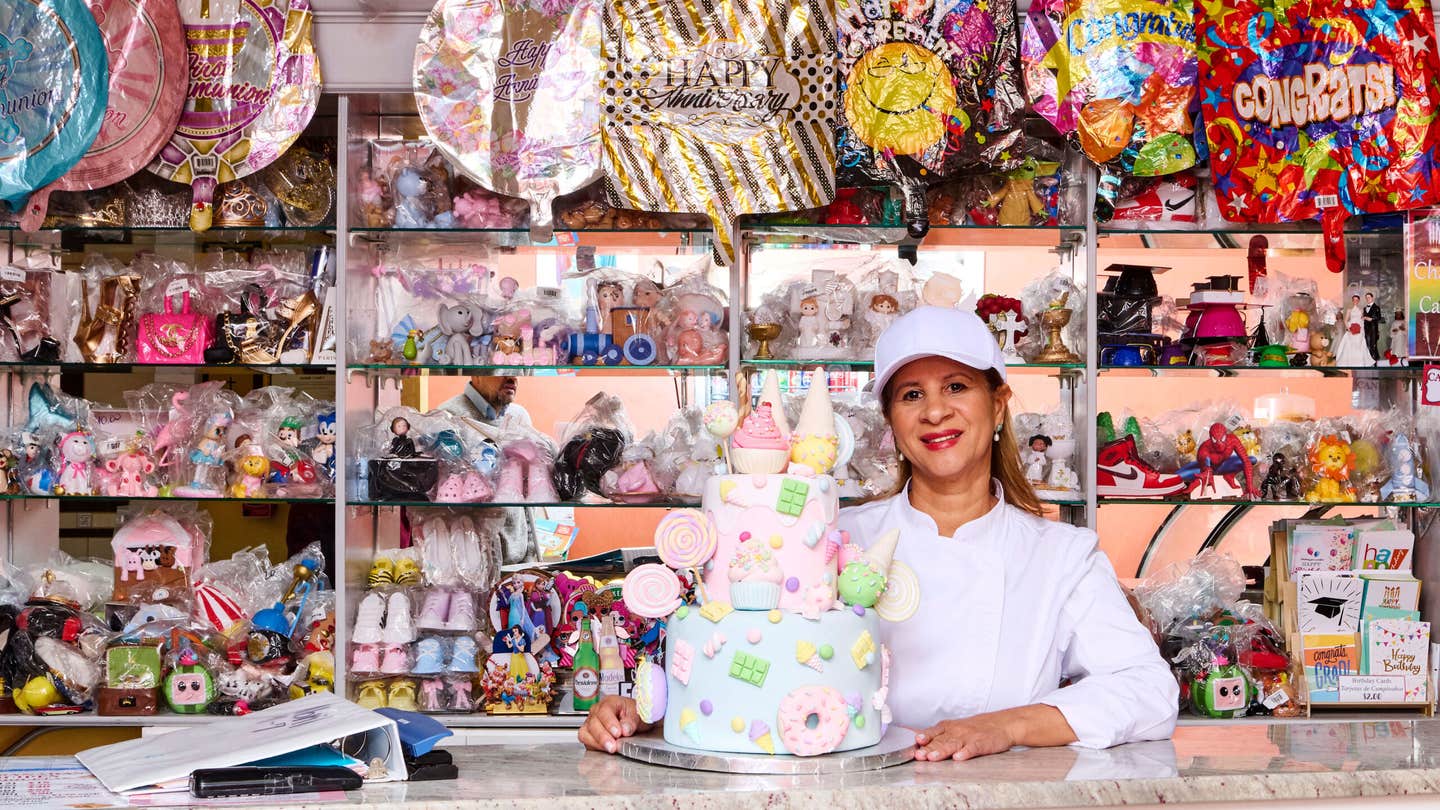
Despite its fast-paced car culture and ever changing fashions, one thing I love about Los Angeles is its continuity. That's expressed in eateries like Philippe the Original, a Downtown restaurant that has been serving French dip sandwiches since 1918, and glitzy haunts like Pacific Dining Car, which has been plating prime rib for 89 years. At these old favorites, even the condiments have withstood the test of time.
Philippe's makes its own hot mustard the same way founder Philippe "Frenchy" Mathieu did when the current family of owners bought the place from him in 1927. Concocted four times a week by Elias Barajas, the same cook who's done it for nearly 30 years using freshly ground mustard seed, garlic, vinegar, and spices, it adds dynamite bite to the restaurant's jus-dipped beef sandwich or its lamb sandwich with blue cheese.
But this bracing condiment's usefulness stretches beyond sandwiches. "I have a friend who mixes it with Guinness stout for a sauce for his hot wings," says manager Julia Tauscher. "And I add it to my champagne vinaigrette to give it heat." It's terrific slathered on all kinds of sausages and hard cheeses, but I myself also use it to punch up deviled ham and deviled eggs, or even to brighten a chicken salad. I've whisked it into gravy; mixed it with herbs to make a savory crust for lamb; and combined it with soy sauce and rice vinegar in an Asian-style marinade for salmon. Preservative-free and fresher than just about any other mustard you can buy, it loses its potency after a few weeks, so you'll want to use it up quickly.
The mustard's near-opposite, the sweet steak relish from Pacific Dining Car is just as versatile. "People tell me, 'Don't bring butter for the bread; just the relish,' " says Nicholas Lerner, general manager of the 24-hour restaurant housed in a vintage train car. "I've even seen people eat it on eggs." Though it's no longer made on the premises, the tomato-based relish, studded with diced celery and peppers, sweetened with brown sugar, and spiced with cloves, is as tangy as when Grace "Lovey" Idol, great-grandmother of the current owner, first mixed a batch in the 1920s. Few things taste better on an aged filet; on a burger, it trumps ketchup. I use it to jazz up meat loaf and Swiss steak, too, and add some to my pot roast as it cooks. I've also spooned the relish into my bloody marys, where its sweetness balances the drink's spiciness. And, as with Philippe's mustard, every time I taste it, I'm reminded of the generations of restaurateurs who have made LA such a fine town to eat in. The mustard costs $4.75; visit www.philippes.com or call 213/628-3781. The steak relish costs $5.50; call 213/483-6000.
Keep Reading
Continue to Next Story










